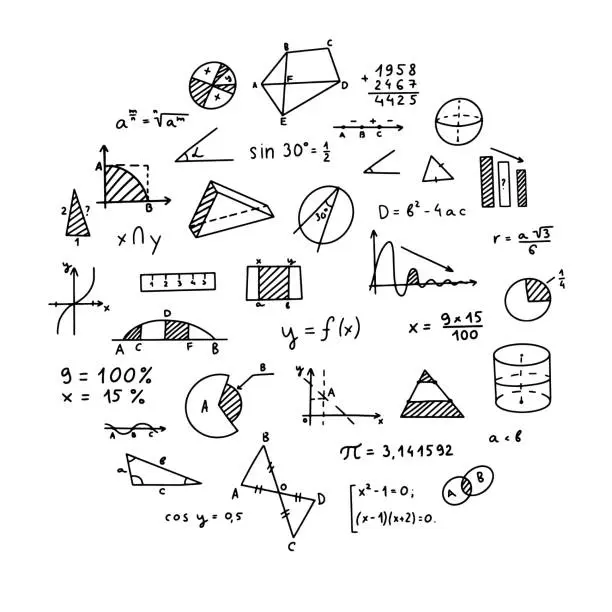
Quantum Mechanics: Unveiling the Mysteries of the Subatomic World
- Admin
Quantum mechanics, the cornerstone of modern physics, revolutionized our understanding of the universe at the smallest scales, revealing a realm of phenomena that defy classical intuition. From particles behaving like waves to the concept of entanglement and the uncertainty principle, quantum mechanics challenges our notions of reality and opens doors to new frontiers of scientific exploration. In this article, we embark on a journey into the enigmatic world of quantum mechanics, exploring its key principles, applications, and implications for our understanding of the cosmos.
The Foundations of Quantum Mechanics:
At the heart of quantum mechanics lie several foundational principles that depart from classical physics. These include the wave-particle duality, where particles exhibit both particle-like and wave-like properties, and the principle of superposition, where quantum systems can exist in multiple states simultaneously. Additionally, the uncertainty principle, formulated by Werner Heisenberg, asserts the inherent limits to the precision with which certain pairs of physical properties can be simultaneously measured.
Applications in Modern Technology:
While the concepts of quantum mechanics may seem abstract, they underpin many of the technologies that shape our modern world. Quantum mechanics forms the basis of semiconductor technology, enabling the development of transistors, integrated circuits, and microprocessors that power electronic devices. Quantum mechanics also drives advancements in fields such as quantum computing, quantum cryptography, and quantum sensing, promising revolutionary capabilities in computing power, data security, and precision measurement.
Challenges and Mysteries:
Despite its remarkable successes, quantum mechanics poses profound challenges and mysteries that continue to perplex scientists. The phenomenon of quantum entanglement, where particles become interconnected in ways that defy classical notions of locality, remains one of the most baffling aspects of quantum mechanics. Furthermore, the quest for a unified theory of quantum mechanics and general relativity, known as quantum gravity, represents a formidable challenge at the forefront of theoretical physics.
Implications for Philosophy and Cosmology:
Quantum mechanics not only revolutionizes our understanding of the physical world but also raises profound questions about the nature of reality and our place in the cosmos. The interpretation of quantum mechanics has sparked debates among philosophers and physicists alike, touching on issues such as determinism, free will, and the role of consciousness in quantum measurement. Moreover, quantum cosmology explores the application of quantum principles to the study of the universe's origin, evolution, and ultimate fate.
Conclusion:
In conclusion, quantum mechanics stands as a cornerstone of modern physics, revealing a universe of phenomena that challenge our classical intuitions and expand our understanding of reality. From its foundational principles to its applications in technology and its implications for philosophy and cosmology, quantum mechanics continues to shape our worldview and inspire awe and curiosity in the mysteries of the subatomic world. As we continue to explore the frontiers of quantum mechanics, we embark on a journey of discovery that promises to transform our understanding of the universe and our place within it.
